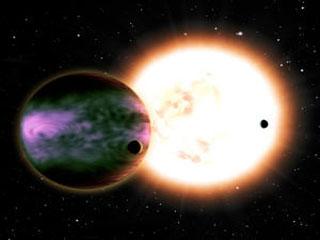
This artist's conception shows a
WASHINGTON (BNS): Researchers have found a new model of aurora on distant "hot Jupiter’s", which could be 100-1000 times brighter than Earthly aurora.
Researchers at the Harvard-Smithsonian Center for Astrophysics have depicted a model of an aurora on a hot Jupiter.
Earth's aurora, or Northern and Southern Lights, provide a dazzling light show to people living in the Polar Regions.
They also would ripple from equator to poles (due to the planet's proximity to any stellar eruptions), treating the entire planet to an otherworldly spectacle.
According to Science Daily, Earth's aurora are created when energetic particles from the Sun slam into our planet's magnetic field. The field guides solar particles toward the poles, where they smash into Earth's atmosphere, causing air molecules to glow like a neon sign. The same process can occur on planets orbiting distant stars, known as exoplanets.
Particularly strong aurora result when Earth is hit by a coronal mass ejection or CME -- a gigantic blast that sends billions of tons of solar plasma (electrically charged, hot gas) into the solar system.
"The impact to the exoplanet would be completely different than what we see in our solar system, and much more violent," the website quoted co-author Vinay Kashyap of CfA as saying.
This work has important implications for the habitability of rocky worlds orbiting distant stars. Since red dwarf stars are the most common stars in our galaxy, astronomers have suggested focusing on them in the search for Earthlike worlds.
However since a red dwarf is cooler than our Sun, a rocky planet would have to orbit very close to the star to be warm enough for liquid water. Their future work will examine whether rocky worlds could shield themselves from such eruptions, it said.
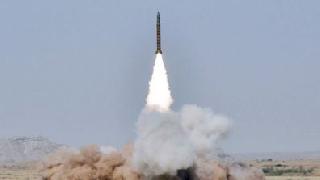 Previous Article
Previous Article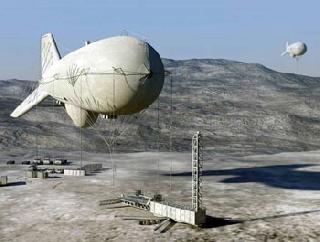 Next Article
Next Article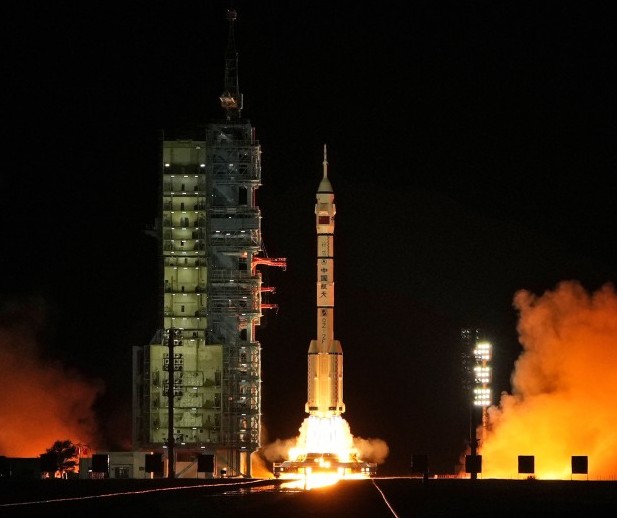
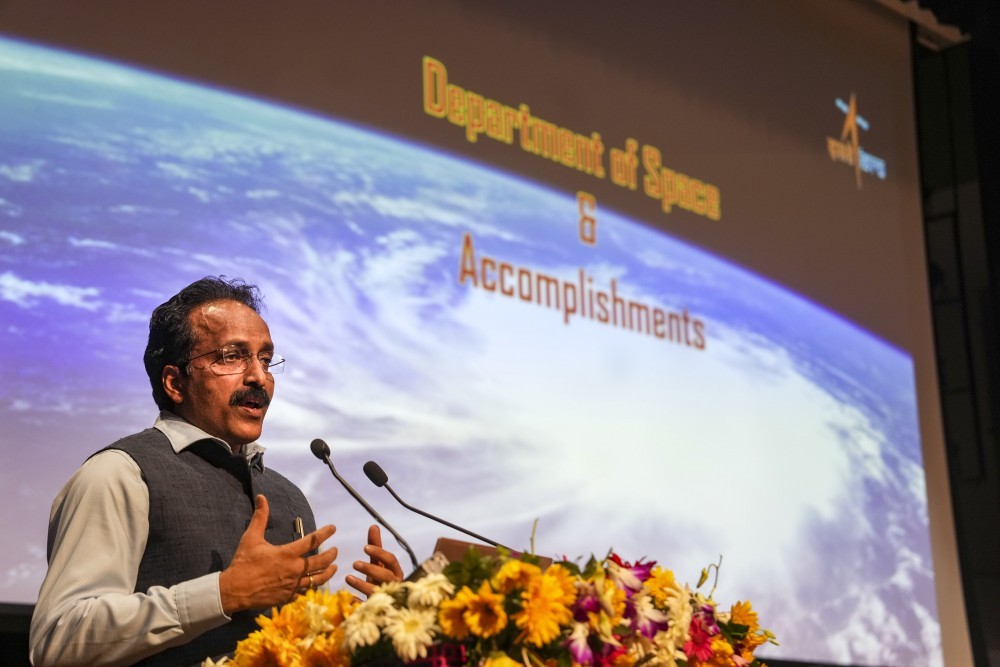
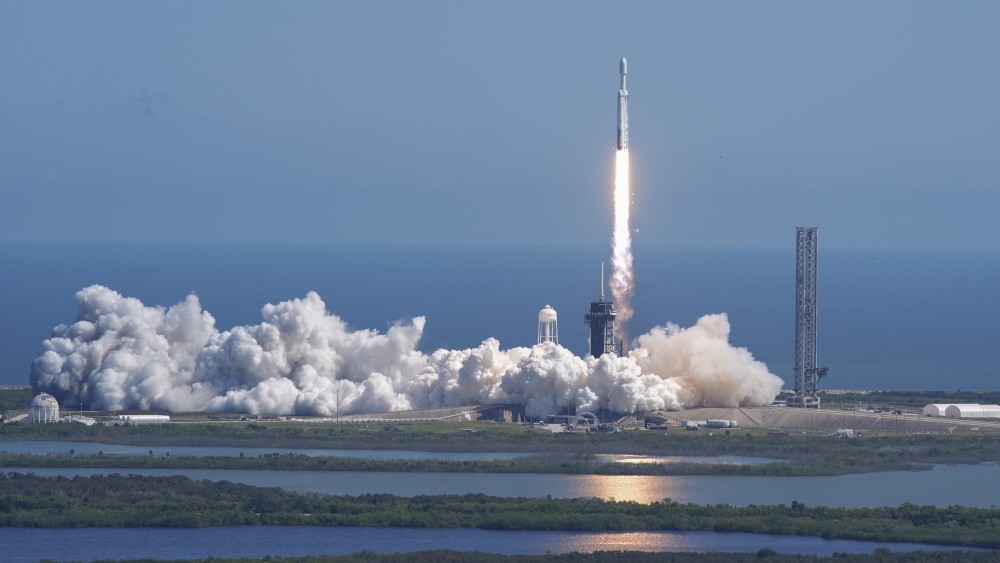
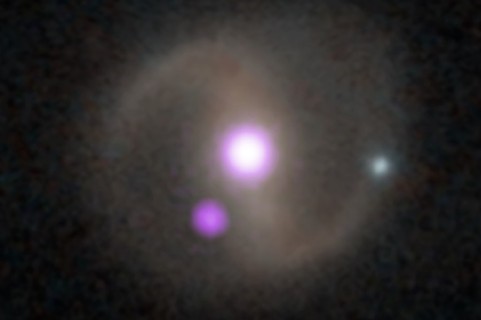

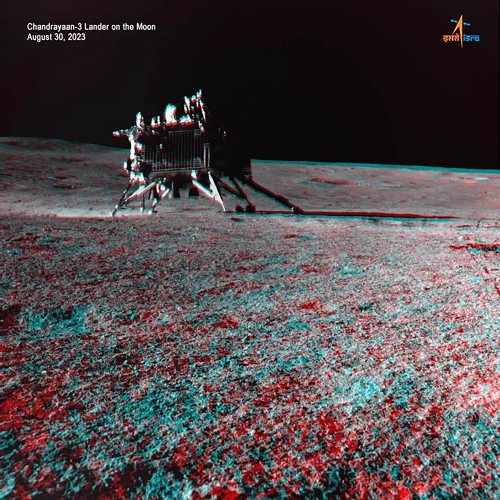







The Indian Air Force, in its flight trials evaluation report submitted before the Defence Ministry l..
view articleAn insight into the Medium Multi-Role Combat Aircraft competition...
view articleSky enthusiasts can now spot the International Space Station (ISS) commanded by Indian-American astr..
view article